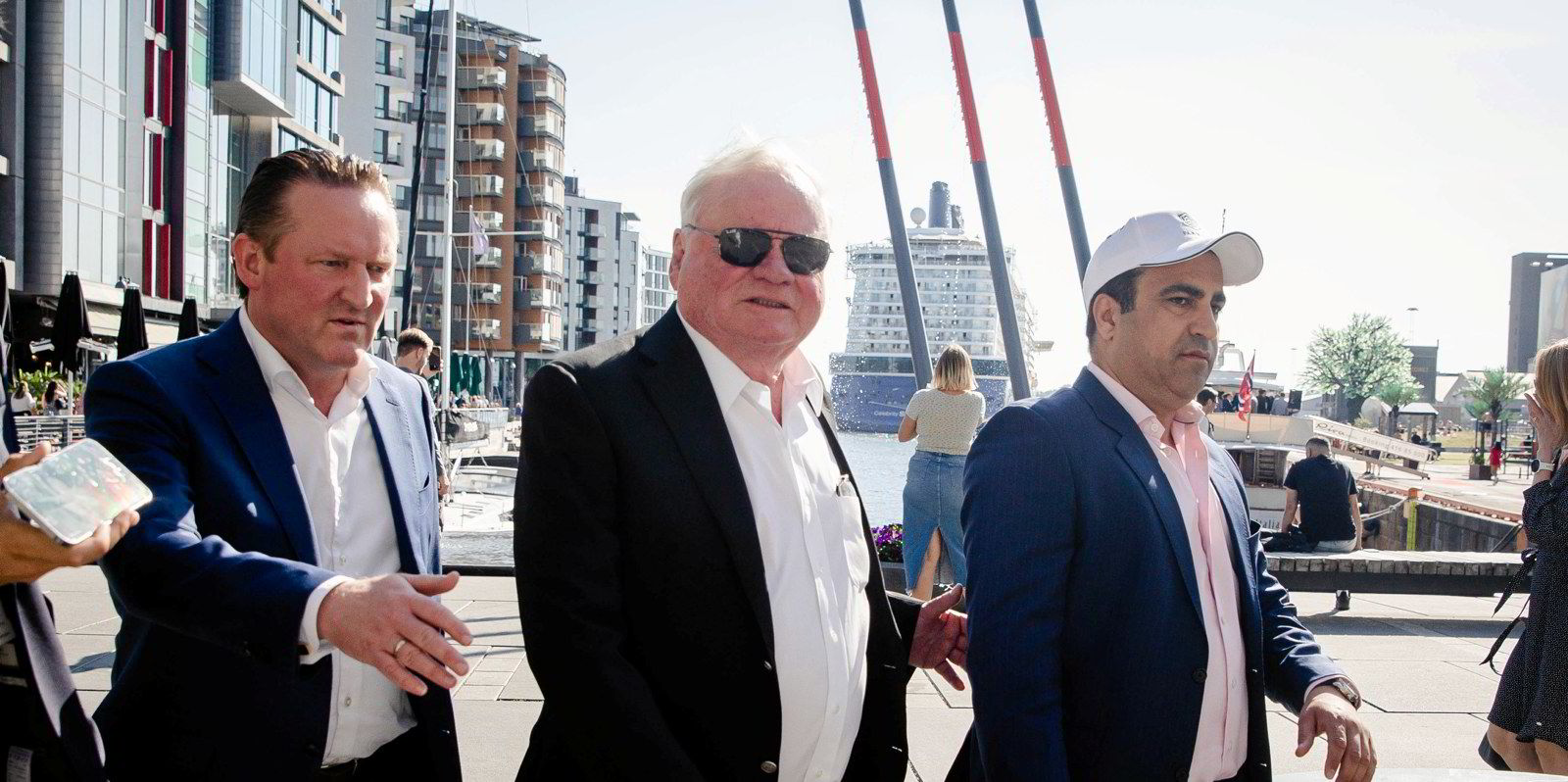Apparently random attacks on ships by Houthi rebels in the Red Sea have made the area “a proper mess”, according to Frontline chief executive Lars Barstad.
The Norwegian tanker company has been outspoken about the region being unsafe for “responsible owners” to operate in.
In its fourth-quarter results statement, Frontline noted that “some actors” are still risking their crews’ safety by continuing to use the Red Sea for transits.
“At the start of this conflict or unrest, the ships that were targeted were predominantly Israel-linked,” Barstad told an earnings call.
“The attacks are now randomly targeting anyone. Even Russian-linked vessels, which we thought were safe from disruption due to Russia’s support for some of these groups, have also been targeted.
“So I think we should categorise this as a random attack.”
Barstad also explained that the Houthi movement is very fragmented.
“It’s not one uniform group. What we’re understanding from the region is that they’re also getting support from Somali pirates. So this is a proper mess, I would say, and creates an extremely unsafe condition for seafarers and also for our assets,” he added.
Frontline will continue to avoid the region until the security situation improves, the CEO promised.
Traffic through the Suez Canal is now down 40%-50%, he told the call.
“Some might have expected it to be far more than that, but you need to remember it’s also an export region. So it means that actually oil coming out of Saudi, for instance, still goes through the Suez Canal because they avoid these Bab el-Mandeb straits into the Gulf of Aden,” he said.
Traders adjusting
Trade patterns are adjusting to Cape of Good Hope rerouting, but this takes time because “arbitrages and oil price differentials have been based on suezmaxes going through the Suez Canal”.
Traders are adapting to volumes now being carried on VLCCs around Africa.
Frontline has observed a series of cargoes usually carried on smaller tankers being put together on VLCCs around the Cape.
“We’ve seen exactly the same happening in the Med — east Med barrels that normally would go through Suez are being put together on VLCC,” Barstad said.
“So we are actually seeing that, or expecting that, VLCC utilisation is going to continue to go up.”





